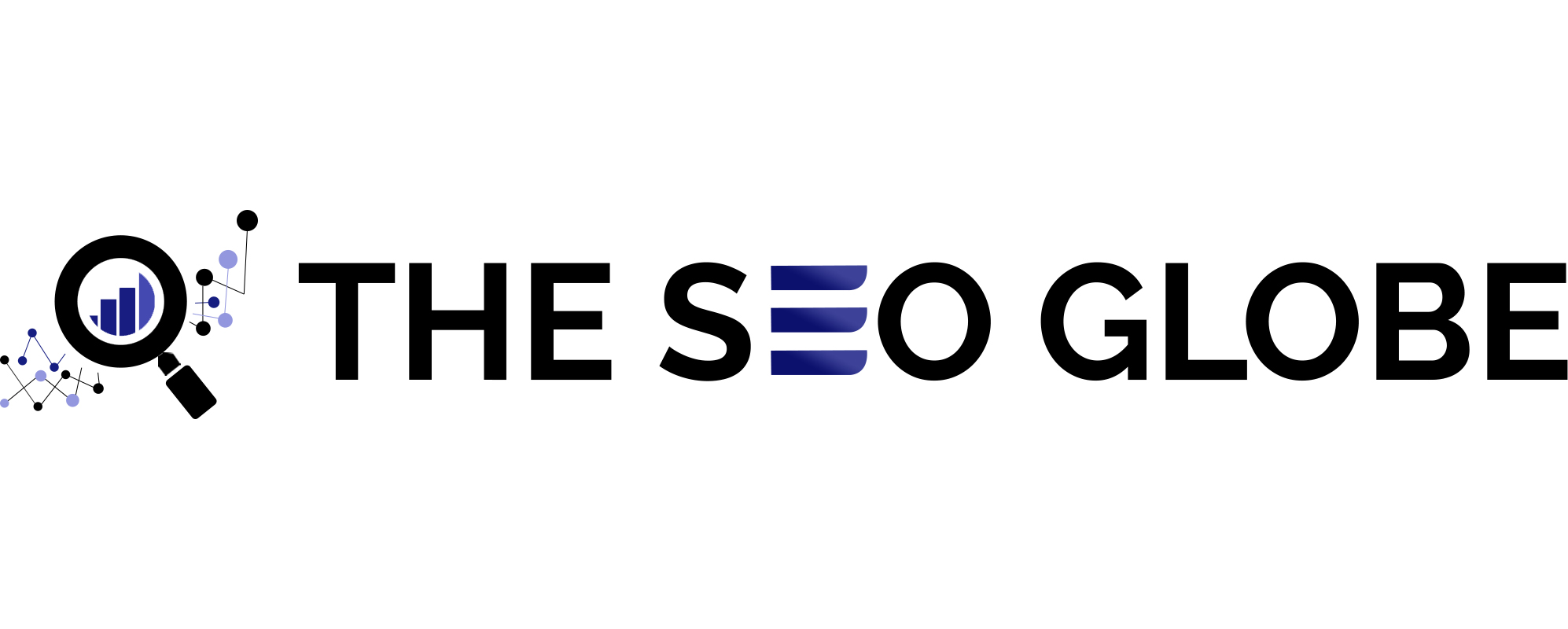Artificial Intelligence has already changed how marketers work. From automation tools to analytics, AI has helped brands reach the right people at the right time. But here’s where things get interesting, there’s a new shift happening: the rise of AI agents.
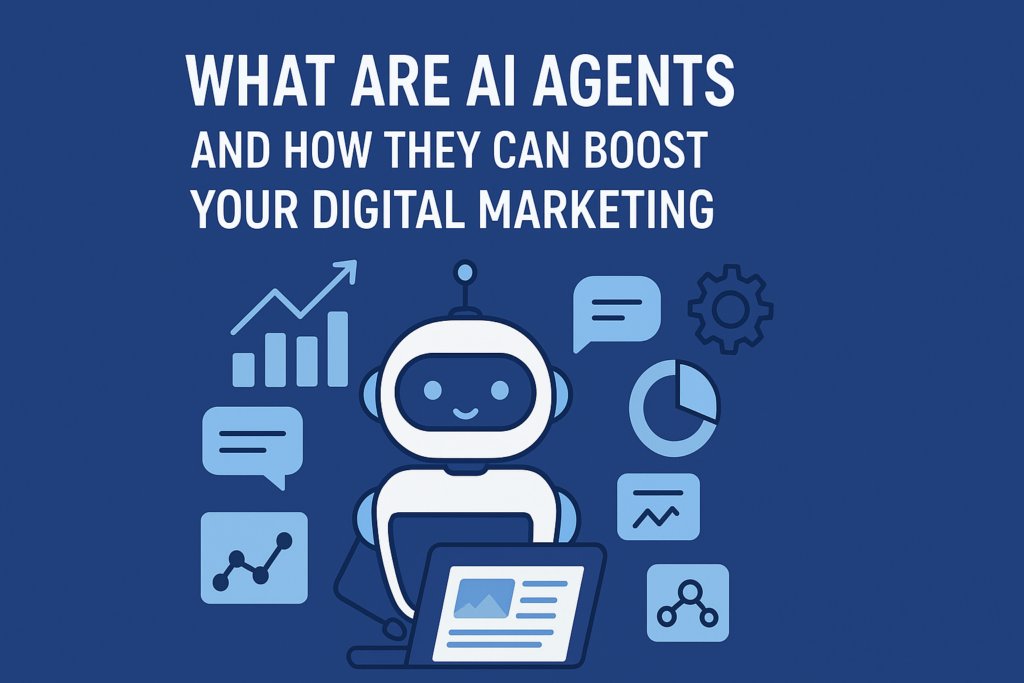
These intelligent systems don’t just follow commands. They think, plan, and act semi-autonomously to meet goals. And in the world of AI automation in marketing 2025, that’s a real game changer.
If you’re wondering what is an AI agent or how it fits into your digital marketing strategy, this guide breaks it down simply. We’ll also look at how businesses are using AI agents in marketing to grow faster and smarter.
What Are AI Agents?
Think of an AI agent as a virtual teammate that doesn’t just do what you tell it to, it figures out what needs to be done and takes action.
Unlike standard automation tools that wait for your command, AI agents can analyse data, plan the next step, and even execute tasks semi-autonomously. They observe the world around them (data), decide what to do (planning), and then act, all while learning from every outcome.
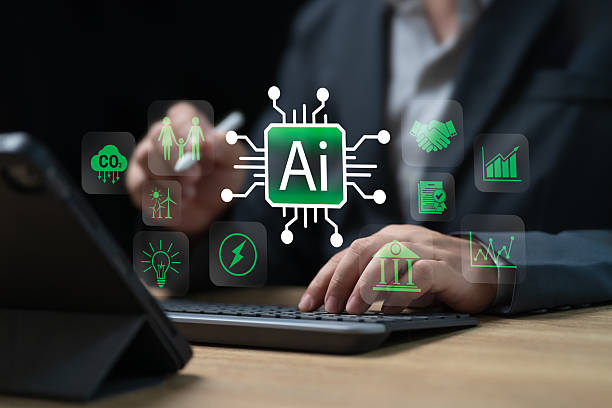
And yes, real-world tools are already doing this. For example, OpenAI’s Agent Kit enables developers to build agents that connect apps and data. HubSpot AI Campaign Agent helps marketers plan campaigns automatically. Zapier Autopilot integrates multiple workflows, and Anthropic’s Crew Framework supports multi-agent collaboration.
According to Gartner, 40% of enterprise applications will feature task-specific AI agents by 2026, up from less than 5% in 2025. That means adoption is accelerating fast, businesses are already integrating autonomous marketing systems into their workflows.
What AI Agents Bring to Digital Marketing
| Capability | What It Means | Marketing Advantage |
| Automation | AI agents handle repetitive tasks | Saves time and reduces manual effort |
| Adaptability | Learns from each campaign | Improves long-term performance |
| Personalisation | Understands customer behaviour | Creates better user experiences |
| Scalability | Can manage multiple campaigns simultaneously | Expands marketing reach efficiently |
| Integration | Works with existing marketing tools | Enhances overall digital ecosystem |
How AI Agents Are Different from Traditional AI
| Feature | Traditional AI Tools | AI Agents |
| Functionality | Performs one fixed task | Handles multiple connected tasks |
| Autonomy Level | Needs user input | Acts semi-autonomously with human oversight |
| Learning Ability | Learns from specific data sets | Learns and adapts continuously |
| Examples | Chatbots, analytics dashboards | Campaign automation, smart assistants, AgentKit integration |
Traditional AI tools rely on what you feed them. AI agents, on the other hand, can think on their own (within boundaries). They decide when to post content, adjust ad spend, or send personalised emails, all while learning from results.
How Do AI Agents Work?
The easiest way to understand AI agents for digital marketing is to think of them as problem solvers.
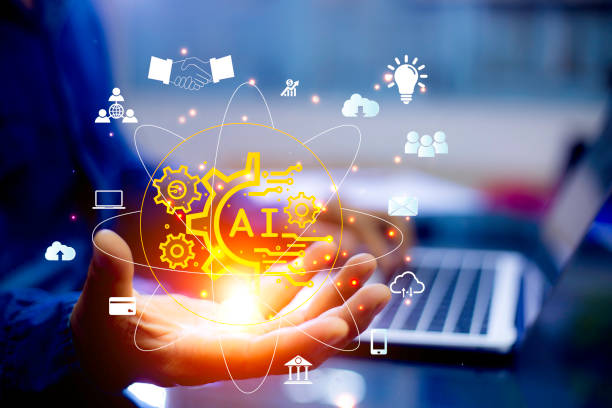
They follow a simple loop that looks like this:
- Observe: They collect data from your campaigns, audience, and website.
- Plan: They analyse this data and create a strategy to meet your goals.
- Act: They execute the plan automatically, posting, optimising, or adjusting campaigns.
- Learn: They monitor results and improve over time.
For example, imagine your online store wants to boost email engagement. An AI agent could track user activity, identify when subscribers open emails, and adjust the timing automatically. No manual input needed.
| Step | Action | Example |
| Observe | Gather campaign data | Tracks website visits and user behaviour |
| Plan | Build a strategy | Decides optimal posting times |
| Act | Execute | Publishes content or adjusts ad bids |
| Learn | Improve | Tests new variations and records results |
This constant learning loop helps marketers stay ahead without spending hours on repetitive tasks.
Benefits of Using AI Agents in Marketing
Here’s where things get exciting. AI agents bring speed, precision, and adaptability, three things every marketer needs right now.
- Automation: They handle repetitive marketing activities like posting or follow-ups.
- Personalisation: They understand customer behaviour and tailor campaigns accordingly.
- Efficiency: They save time so your team can focus on creative strategy.
- Consistency: They keep your campaigns running smoothly across multiple platforms.
- Real-time optimisation: They monitor performance and tweak campaigns instantly.
Picture running five ad campaigns at once and having an intelligent system optimise all of them in real time, that’s the power of autonomous marketing systems.
Common Types of AI Agents
Different AI agents play different roles depending on how much control they have:
- Reactive Agents: Respond to data or triggers, like automated email replies.
- Proactive Agents: Predict what’s needed next and act accordingly.
- Collaborative Agents: Work with human marketers, offering insights and support.
- Semi-Autonomous Agents: Manage campaigns with limited oversight, blending automation with strategy.
Each type helps marketers achieve better results while cutting down on manual work.
Use Cases: How AI Agents Help in Digital Marketing
AI agents are not the future, they’re already here.
Businesses are using them for everything from lead generation to campaign optimisation.
| Use Case | Description | Benefit |
| Content Creation | Drafts blogs, emails, and social posts | Saves time and maintains brand tone |
| Ad Optimisation | Analyses performance and reallocates budgets | Improves ROI automatically |
| Customer Engagement | Handles chats and responses | Improves satisfaction |
| Analytics and Reporting | Monitors performance in real time | Enables faster decisions |
By using AI agent marketing tools, marketers can manage complex workflows that once needed entire teams. These systems track audience behaviour, test content variations, and deliver actionable insights.
Choosing the Right AI Agent for Your Business
Before diving in, think about what you want your AI agent to achieve. Different tools excel at different things.
Here are a few things to keep in mind:
- Scalability: Choose a tool that can grow with your business.
- Integration: Make sure it connects with your current marketing platforms.
- Customisation: Look for features that match your goals.
- Cost vs Value: Balance price with performance.
If your focus is AI automation in marketing, start small. Pick one task, test results, and then expand. Tools like AgentKit integration or Zapier Autopilot make this process easier than ever.
The Future of AI Agents in Marketing
The next phase of digital marketing is all about intelligent automation. By 2025, AI agents will not just execute, they’ll help strategise entire campaigns. They’ll analyse audience trends, predict market shifts, and adjust faster than any human team.
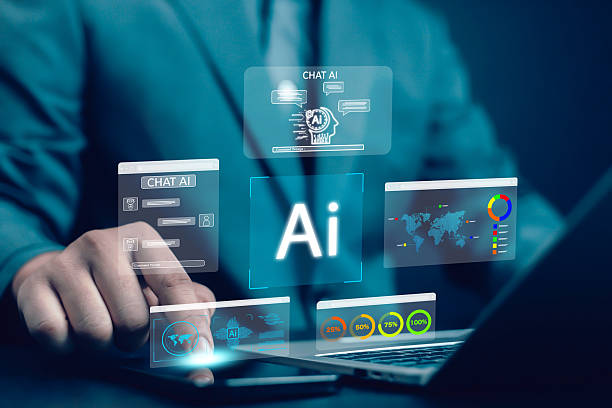
But they won’t replace marketers. They’ll support them, giving more time for creativity, storytelling, and strategy.
| Advantage | Impact on Marketing |
| Speed | Faster execution of campaigns |
| Precision | Better targeting and personalisation |
| Learning | Continuous improvement with each campaign |
| Scalability | Manages multiple campaigns effortlessly |
| Cost-efficiency | Reduces manual effort and operational costs |
Final Thoughts
AI agents are redefining how marketing works. They learn, plan, and act semi-autonomously, giving you a digital partner that’s always learning and improving.
But they don’t work alone. Many businesses today are blending AI agents with other intelligent tools to create seamless, connected marketing ecosystems. For example, chat-based automation is evolving fast, if you’d like to understand how, you can explore our blog on Chatbots vs AI Agents: Which Delivers Better Customer Engagement? It explains how conversational systems and smart agents work together to improve customer experience.
AI agents also fit perfectly into broader AI workflows, where every task, decision, and campaign runs through one intelligent system. To learn how that transformation is shaping the future of automation, check out our blog on AI Workflows: The Future of Intelligent Automation in 2025, it’s a great next read if you’re thinking of scaling your operations intelligently.
At The SEO Globe, we help businesses stay ahead of this shift by integrating smarter systems that deliver measurable results. We believe in a future where marketers and AI automation in marketing 2025 work together seamlessly.
If you’re ready to explore the power of AI agents in marketing, let’s build a strategy that’s smarter, faster, and built for the future.
Frequently Asked Questions
- What are AI agents?
AI agents are intelligent software systems that can perform tasks, make decisions, and learn from data without needing constant human control. In digital marketing, they can automate campaigns, analyse trends, and deliver personalised experiences. - How are AI agents different from traditional AI tools?
Traditional AI tools follow specific instructions and focus on one task. AI agents, on the other hand, think and act independently, they can analyse data, create strategies, and execute them automatically. - What is an AI agent in simple terms?
Simply put, an AI agent is like a virtual marketing assistant. It observes what’s happening in your campaigns, plans the next move, and takes action to meet your goals. - How can AI agents improve digital marketing performance?
AI agents for digital marketing can boost performance by automating repetitive tasks, optimising ad spending, and improving targeting. They save time while increasing engagement and conversion rates. - What are the best uses of AI agents in marketing?
Businesses use AI agents in marketing for content creation, customer engagement, analytics, and ad management. They help marketers make data-driven decisions and improve campaign results in real time. - What is the benefit of using AI agent marketing tools?
AI agent marketing tools bring automation, consistency, and efficiency to your workflow. They analyse performance, recommend improvements, and handle routine marketing operations automatically. - Can AI agents work with existing marketing systems?
Yes, most AI automation in marketing tools are designed to integrate easily with CRM systems, ad platforms, and analytics dashboards, making them highly adaptable to existing marketing setups. - Are AI agents suitable for small businesses?
Absolutely. Small businesses can benefit from AI agents by using them for automated email campaigns, social media scheduling, and customer support—helping them save time and resources. - What are AI marketing agents used for?
AI marketing agents help brands track audience behaviour, predict trends, and customise campaigns. They can automatically adjust strategies to keep marketing efforts relevant and effective. - How can I start using AI agents in my marketing strategy?
Start small. Try one or two AI agent marketing tools for tasks like content scheduling or ad optimisation. Once you see measurable results, you can scale up to full AI automation in marketing for broader impact.

